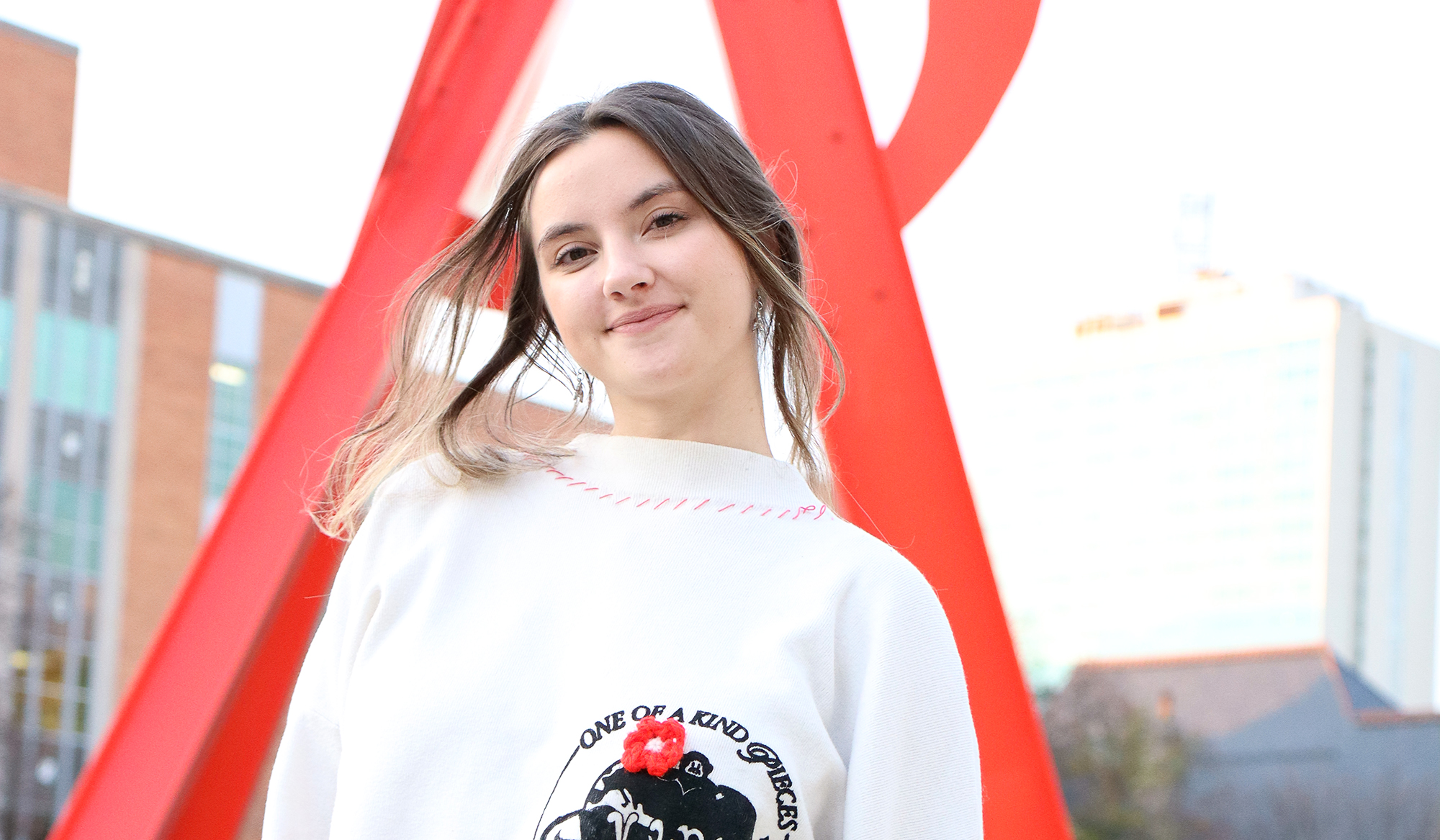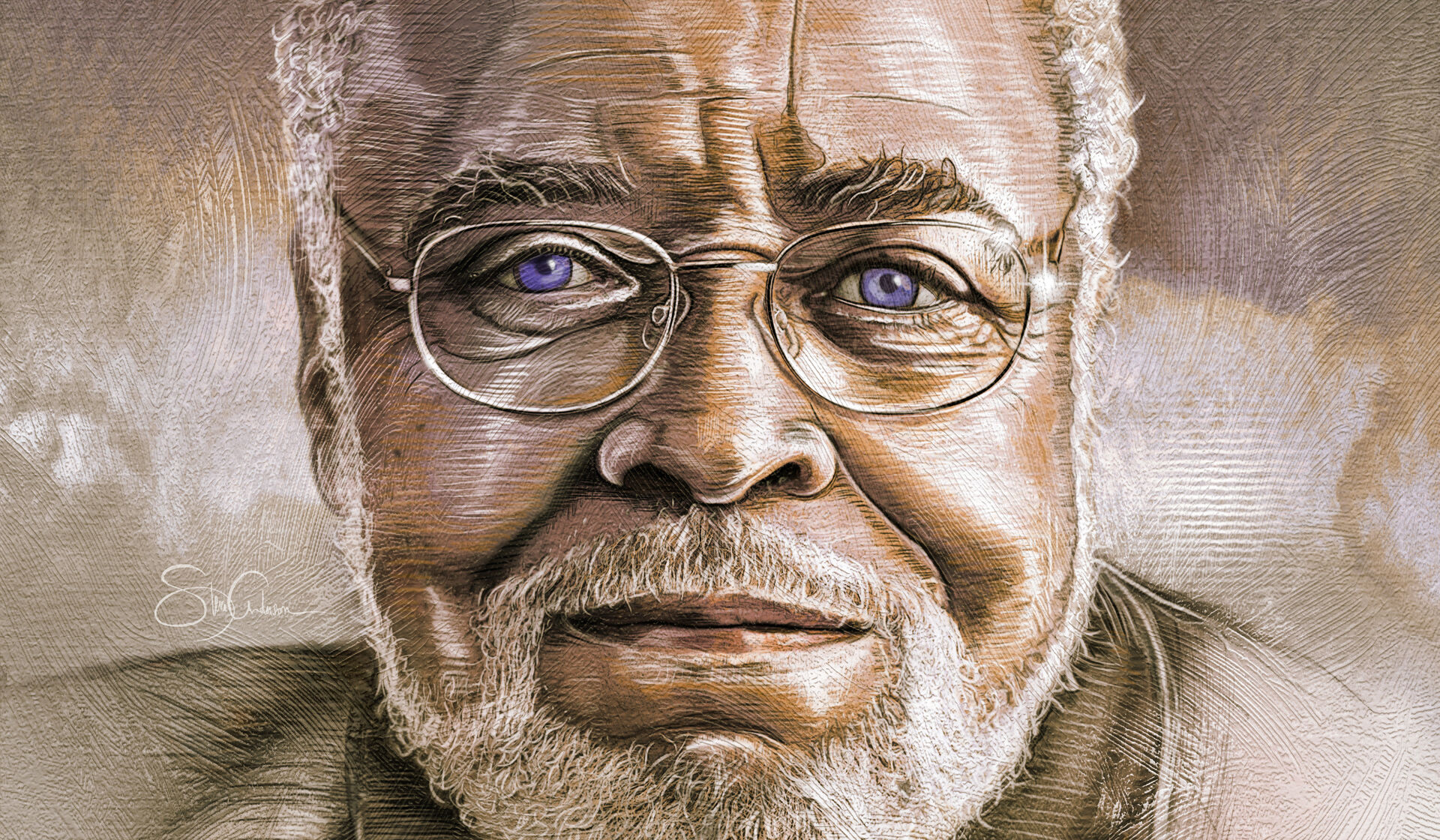With a new U.S. presidential administration in place, there is a changing outlook on the environment, sustainability, and policies that affect the planet. To commemorate Earth Day on April 22, the Alumni Education Gateway offers an in-depth look at the latest research and trends of environmental reform.
DIVERSE EXPERTISE
School of Public Policy professor Shobita Parthasarathy discusses how the Biden administration is appointing experts from a plethora of backgrounds to solve climate change. Parthasarathy notes that this approach has the advantage of maximizing technological benefits and reducing political opposition. He adds that these experts will have a “nuanced understanding of the social world” compared with traditional technical experts.
READING THE HIGHS AND LOWS
At 7 a.m. and 6 p.m., seven days a week, Dennis Kahlbaum takes readings at the U-M Climate and Space Department weather station located at Matthaei Botanical Gardens., He then reports these readings to the National Weather Service, which contributes to our understanding of climate and forecasting. Kahlbaum discusses his work, and the 140-year history of the station, in this blog.
SUSTAINABILITY PUSH
Ross School of Business professor Andy Hoffman discusses what he hopes to see from the Biden administration regarding sustainability and climate change, providing insight concerning the Paris Agreement and development of a long-term U.S. strategy. The faculty expert further highlights plans to remove gasoline cars and policies to shift to renewables, encouraging collaboration between governments, industries, and society.
ADAPTING FIRST NATIONS
While the federal government has invested $1.7 billion into new First Nations infrastructure, it may not be correctly prioritized. School for Environment and Sustainability associate professor Andrew Gronewold discusses the obstacles First Nations are facing when trying to deliver clean drinking water to communities, noting that climate change has become a major factor in addition to existing flood and drought concerns.
ELECTRIC AVENUE
Research professor emeritus John DeCicco, writing for The Conversation, discusses transportation’s contribution to global warming, focusing on the Biden administration’s executive order regarding climate and the environment. The faculty expert delves into the role of clean-car standards as well as legal obligation by automakers in terms of making electric vehicles more convenient to charge and purchase.
NUCLEAR POWER
Professor Todd Allen and nuclear engineering and radiological sciences project manager Suzy Hobbs Baker discuss their article, published in The Hill, about how investments in nuclear energy could be a potential solution to the economic and climate change crises. They note that by tying the post-pandemic economic recovery to investments in clean energy, the U.S. can tackle the COVID-19 pandemic, the economy, social injustice, and climate change.





